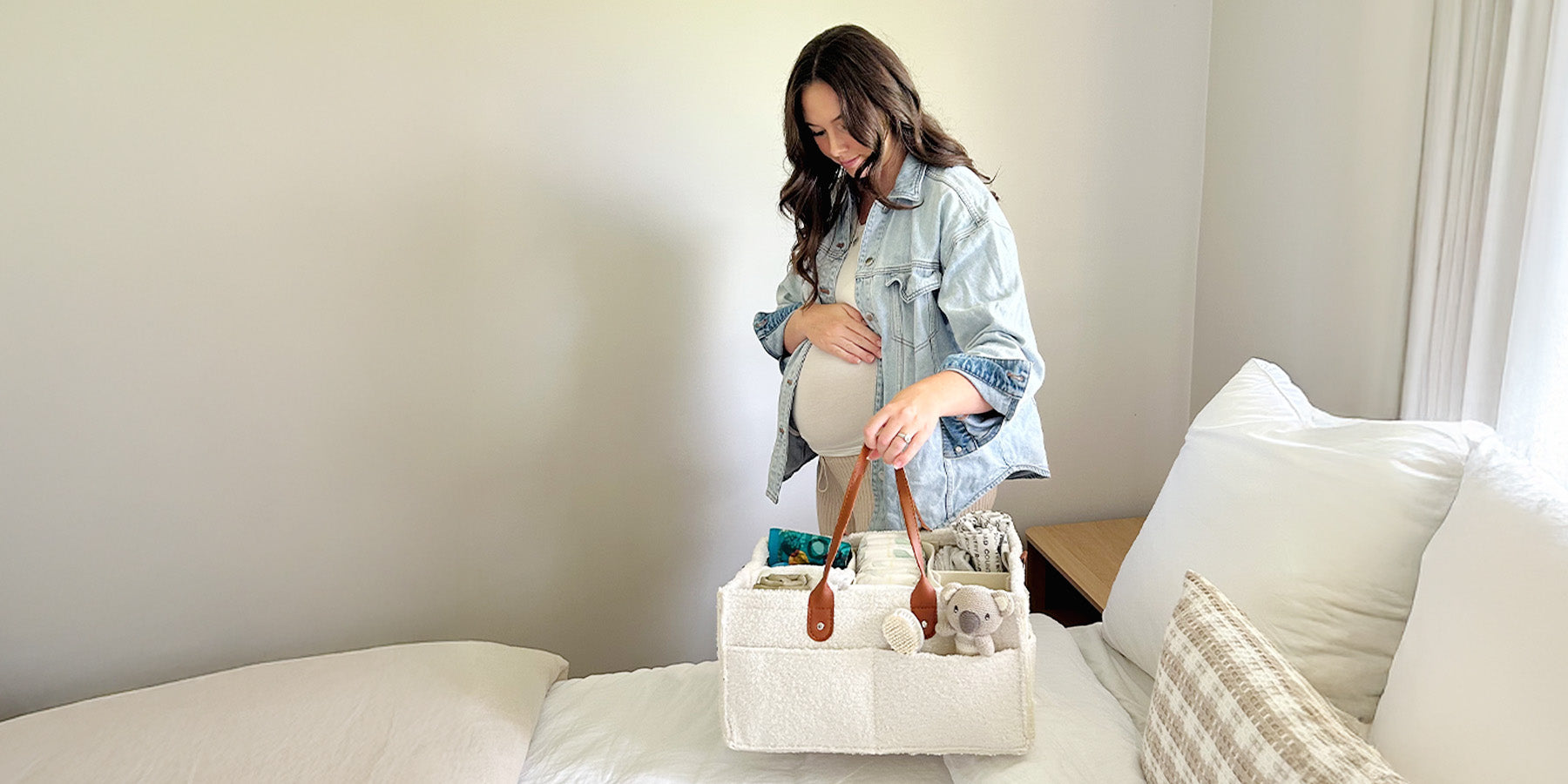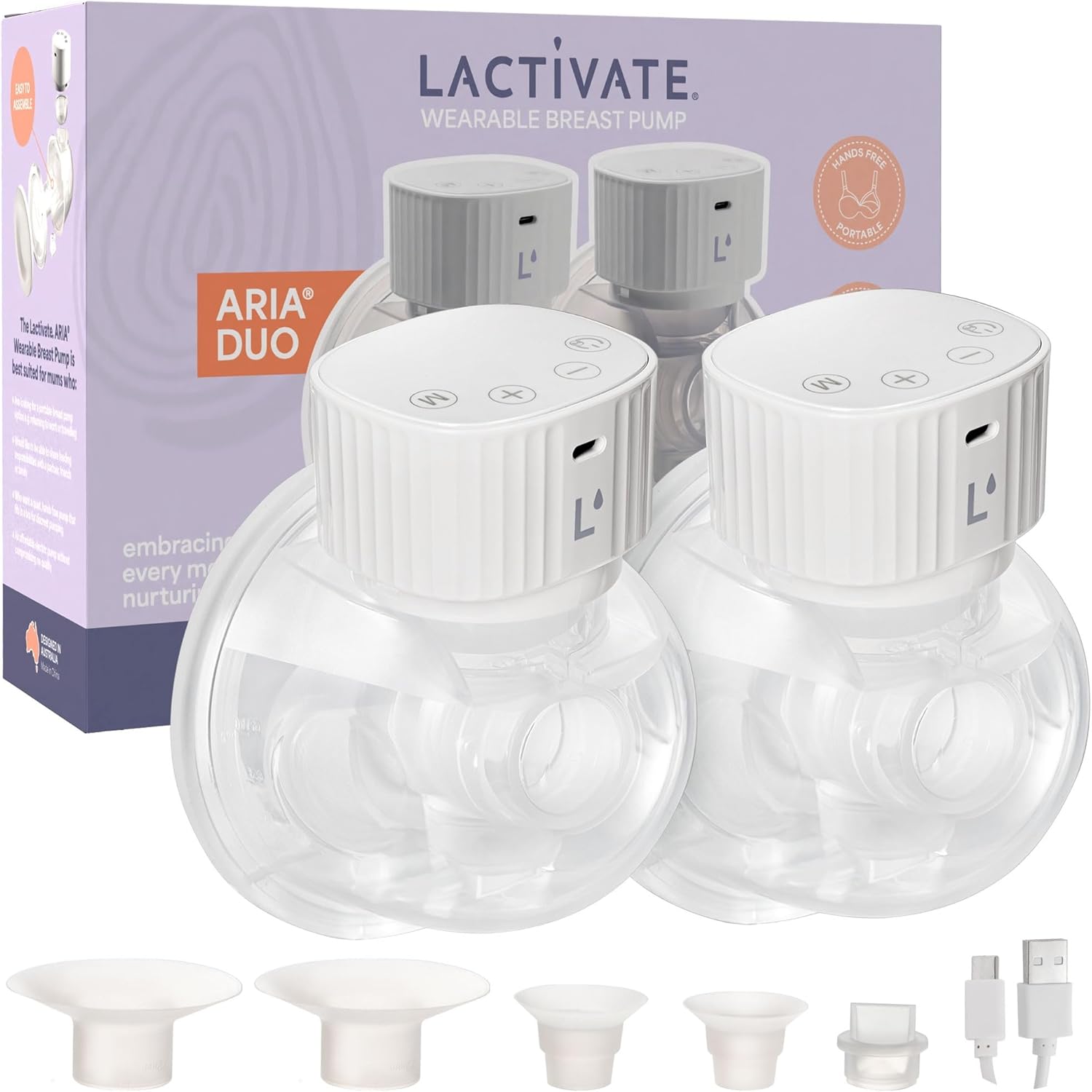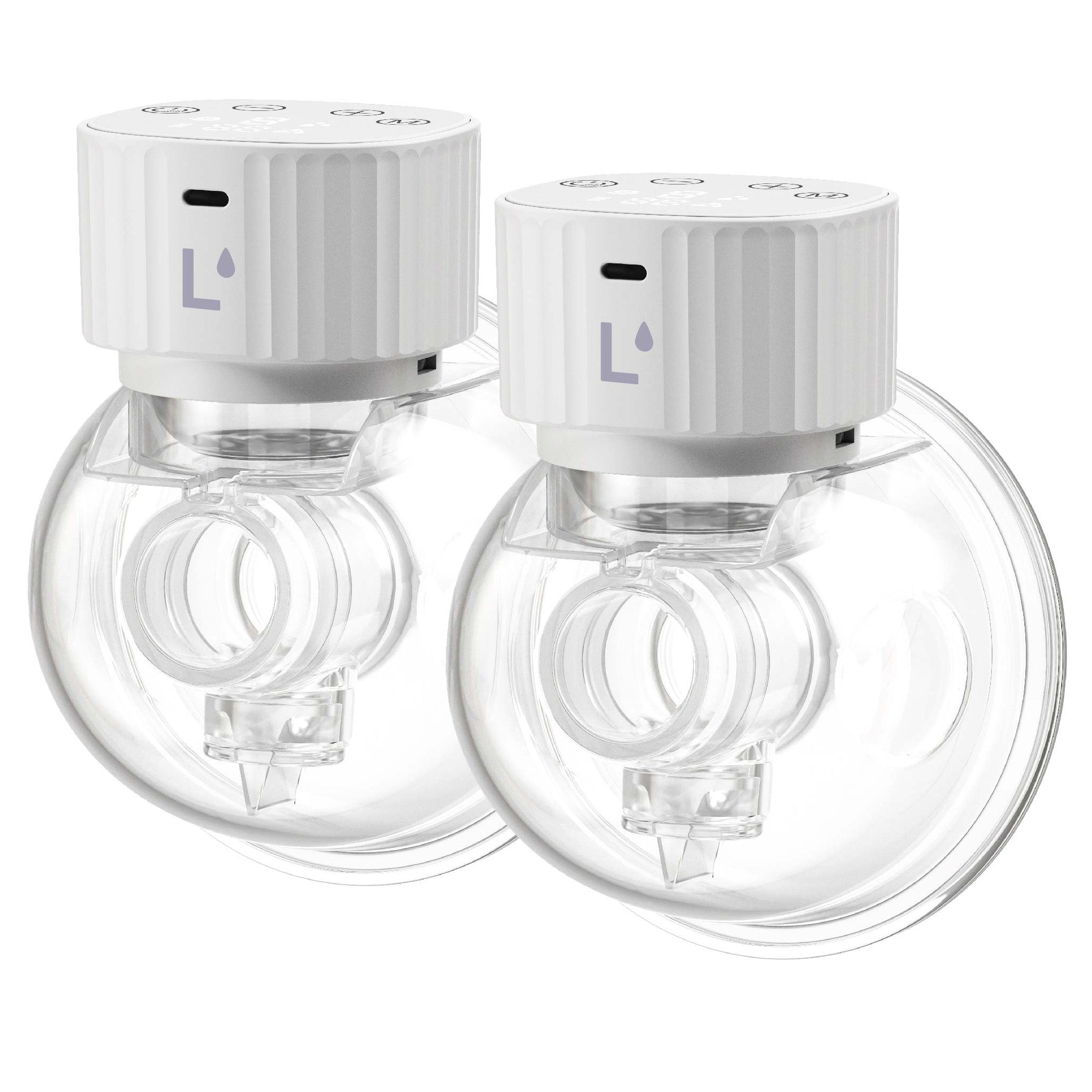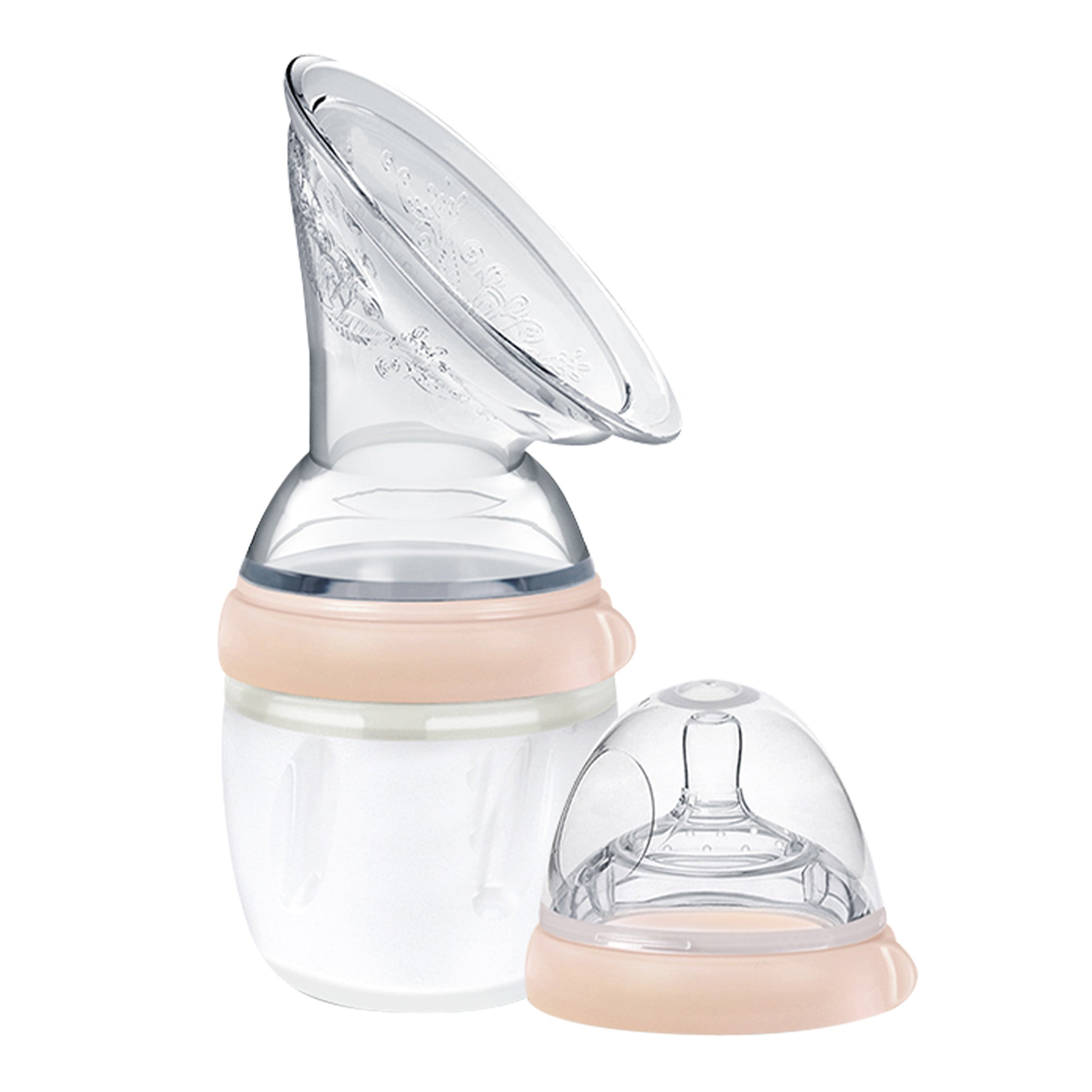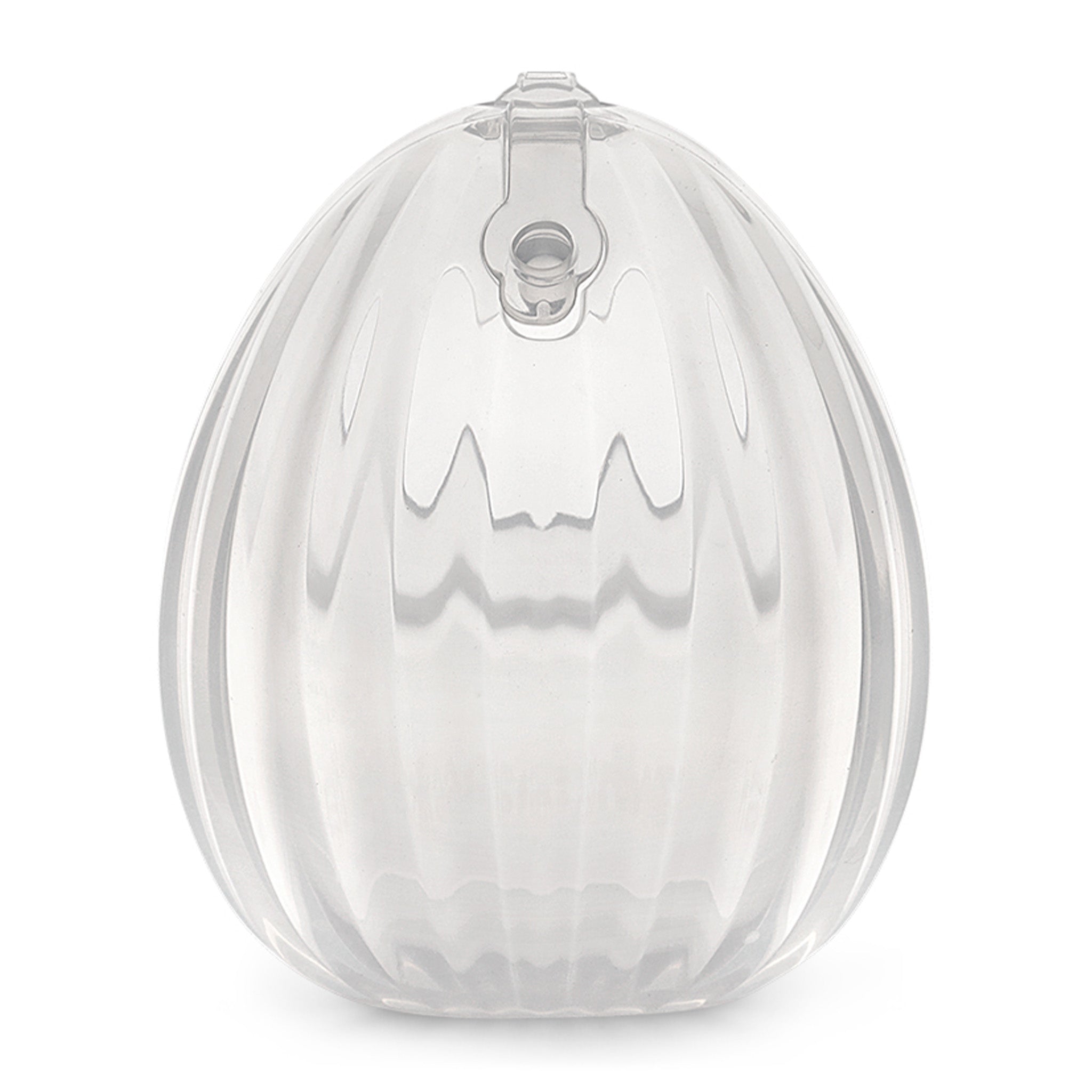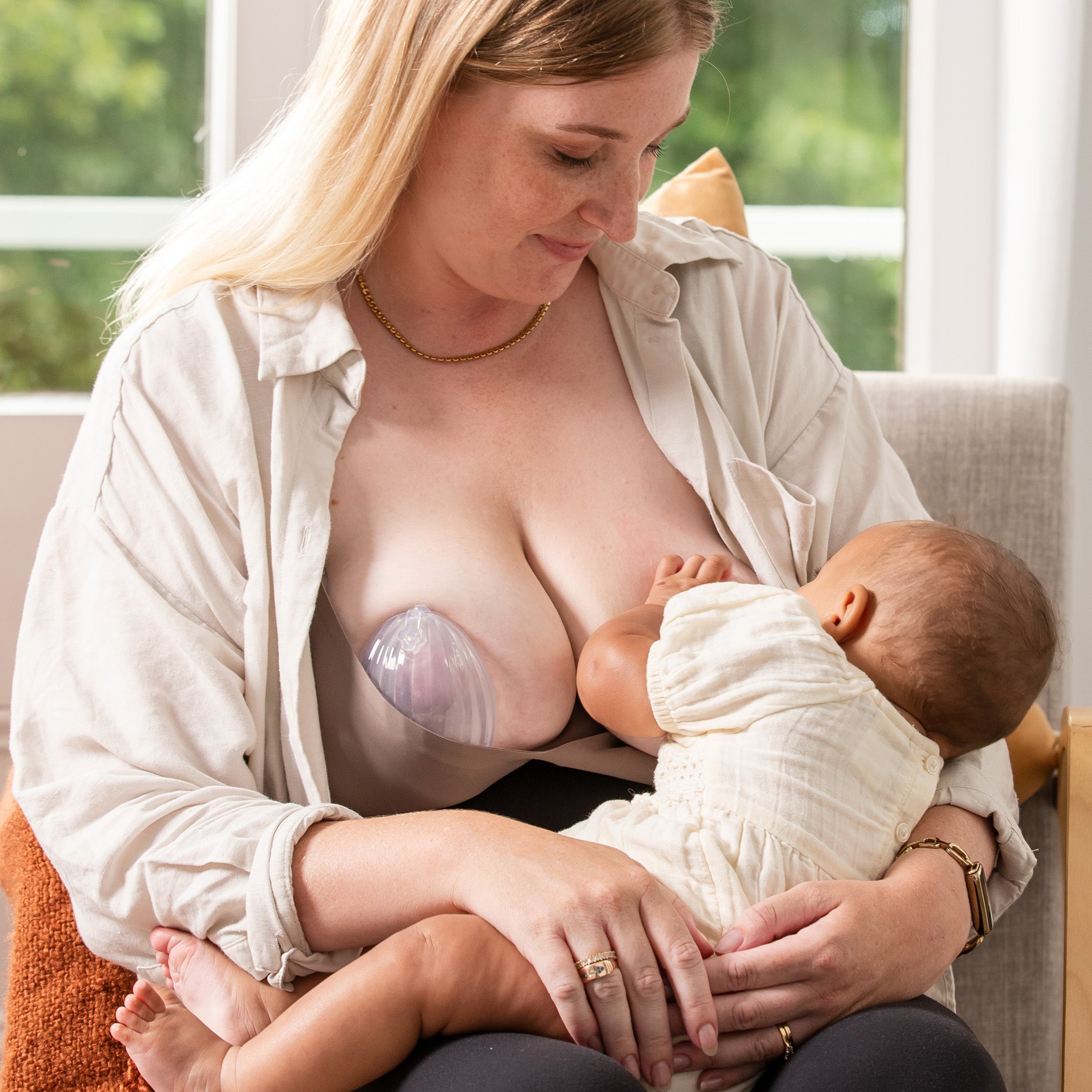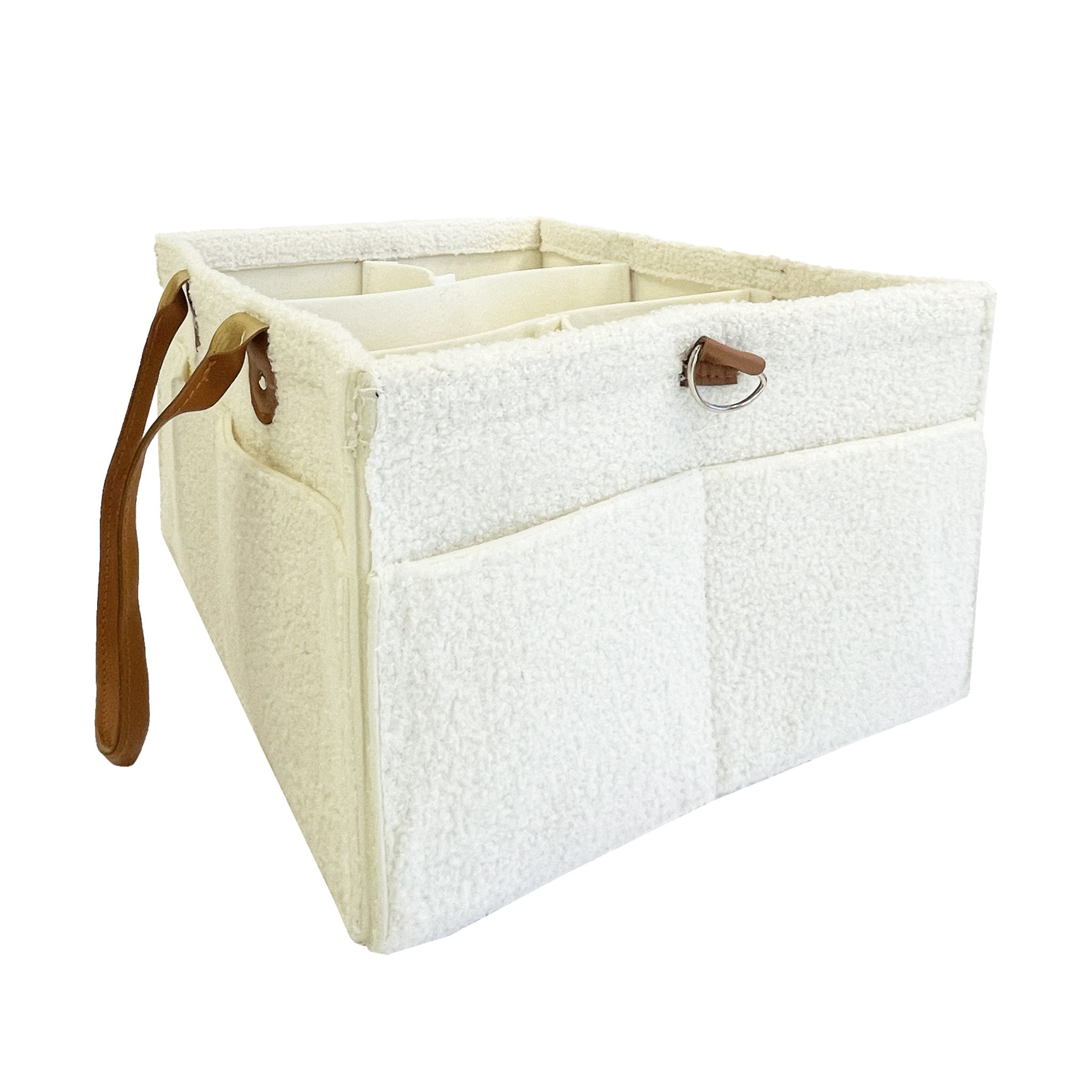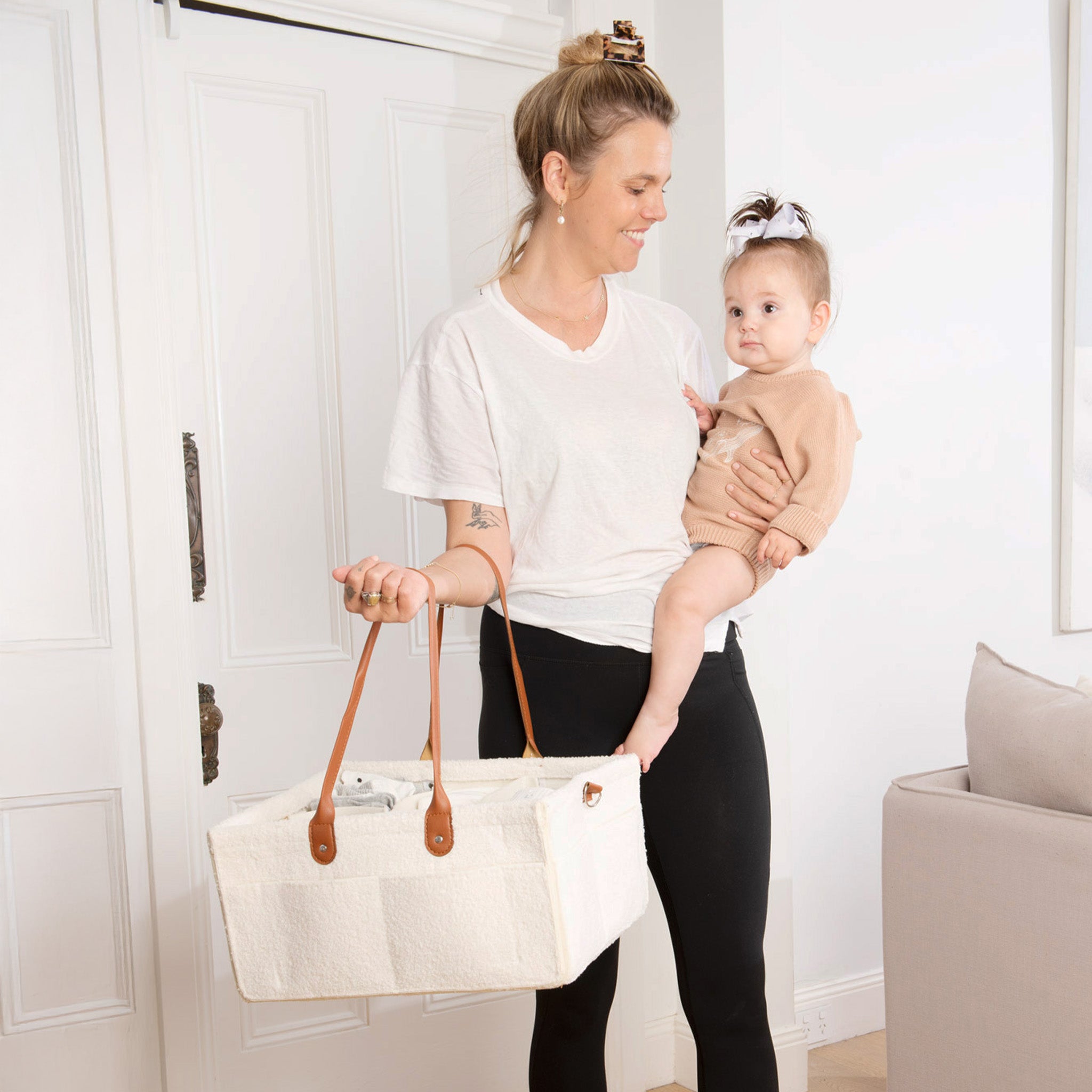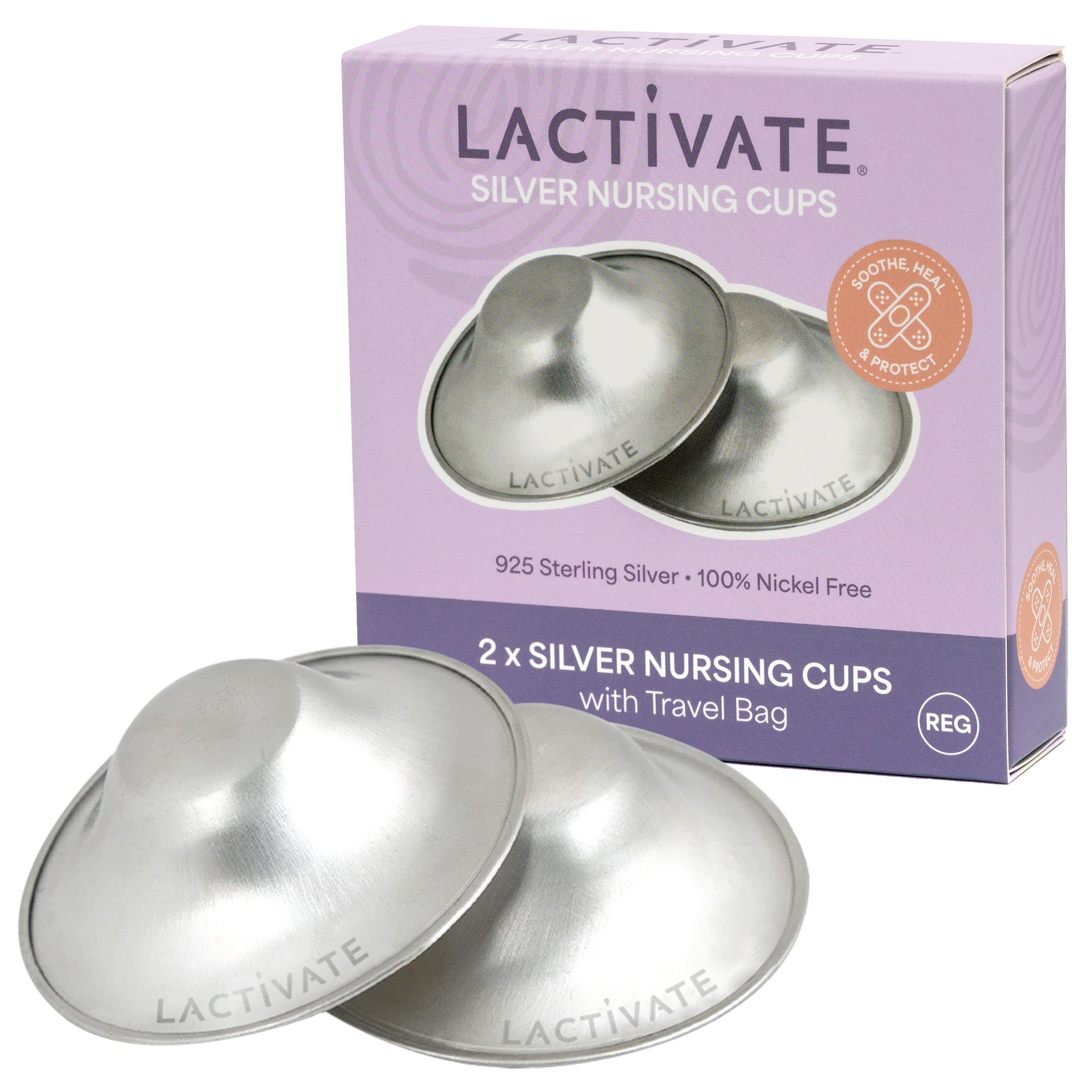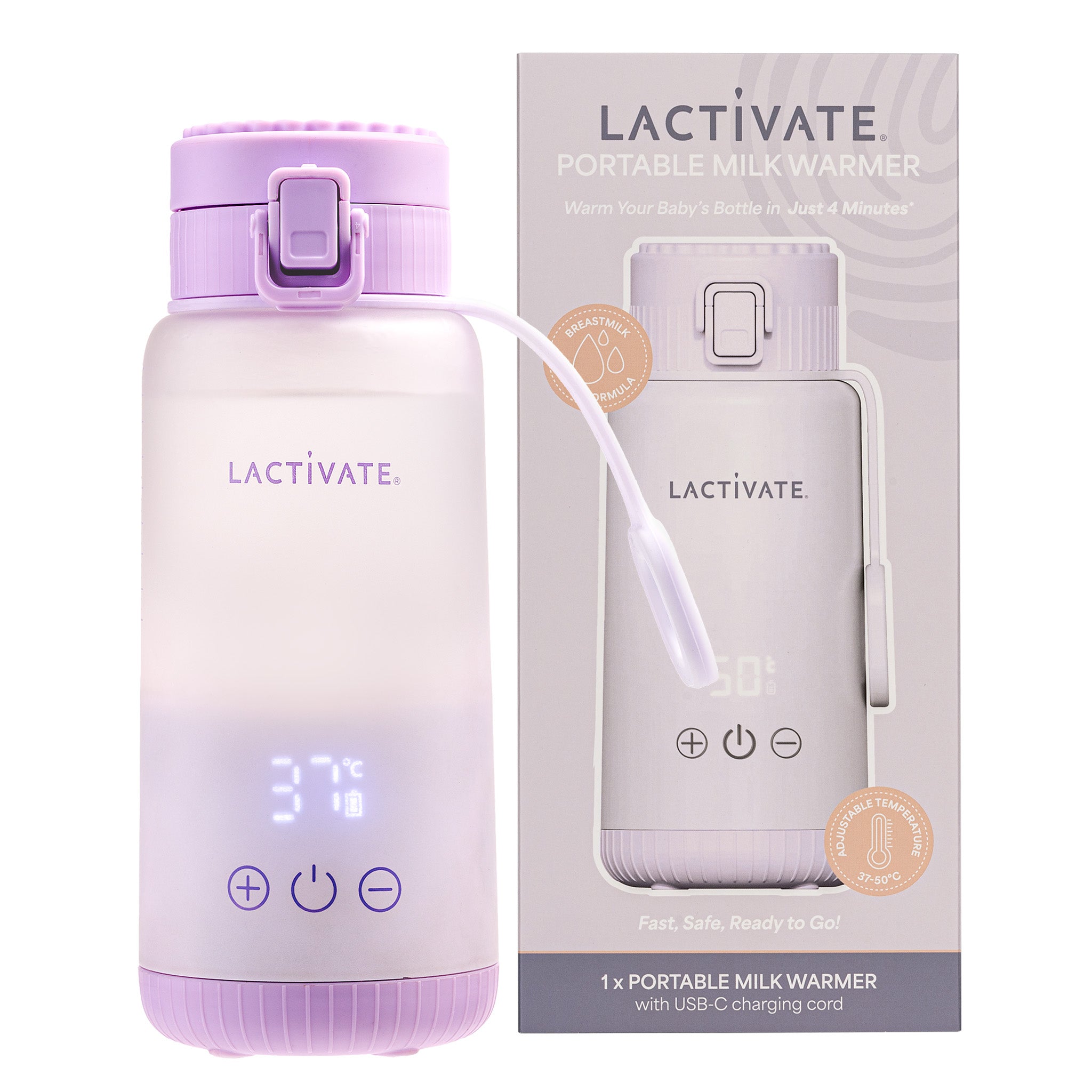Life as a breastfeeding mama can sometimes feel, well, lonely. You may absolutely adore the experience (most of the time anyway), but there's no getting around the fact that the responsibility lands firmly on your shoulders. This is especially true when you are exclusively breastfeeding and/or you bubba doesn't take a bottle.
Men, with their non-milk producing (some might say 'useless') nipples, can't really get in the game. This can leave many a male partner feeling helpless and a bit redundant in the early days of parenting.
While men may not be able to physically breastfeed, there is still plenty that they can do to help support you and bond with their child, no boobs required!
5 ways that dad can get involved when you're breastfeeding
Providing practical and emotional support is the best thing a new dad can do for the wellbeing of his partner, his baby and himself. It's the little things done daily that are appreciated and help take the load off an already overloaded new mama.
Here are 5 simple ways that dad can get involved:
1. Take charge of food and hydration
Breastfeeding mamas are THIRSTY. And hungry. Feeding round the clock coupled with broken sleep and post-birth recovery means that calories are important, as is drinking enough water. Stocking up on snacks (may we suggest Boobie Bikkies by Pinky McKay or Franjos Choc Chip Lactation Cookies for a sweet treat that packs a milky punch) and making sure that the water bottle is always full is an easy way for dad to play a role in breastfeeding success.
2. Get onboard with all the 'other stuff'
While newborns often seem to feed for 22 out of 24 hours each day, there's plenty of other needs that have to be met, namely nappy change and 'awake' time. Being able to hand over bubba post feed to a new pair of arms for cuddling/rocking/a fresh nappy/tummy time etc means that mama can have a stretch/scroll Instagram/drink that cup of tea in peace.
3. Show solidarity during night feeds
Night feeds. There's no getting around it; they're tough. A newborn can be expected to feed regularly alllll night long which means a severe lack of sleep, especially in the very early days and weeks. While it's sometimes advantageous for at least one partner to get some sleep, there's also a case to be made for the moral support a partner can offer a new-to-breastfeeding mum. There's nothing quite as lonely as feeding a newborn in the dark for the 78th time, especially if you're also dealing with things like sore nipples, engorgement, general post-birth aches or a grizzly, unsettled bub. Having your partner there to take over once the feed is finished for a quick nappy change and cuddle can make all the difference.
If you're comfortable with introducing a bottle of expressed milk, your partner could also help out with one of the night feeds or even a before bed 'dream feed' so that you can catch a little bit more snooze time. We love the Haakaa Gen 3 for this as it allows you to pump and feed from the same container, no transferring of your precious liquid gold required!
4. Learn about breastfeeding
We often spend plenty of time preparing for birth but far less preparing for what comes next. Breastfeeding is hard work and it doesn't always come naturally. There's often a lot of information and advice to take in and having a supportive partner who is totally onboard really can make or break a breastfeeding relationship. Most hospitals and early childhood centres run breastfeeding education classes while individual help can be found through a breastfeeding specialist or Independent Board Certified Lactation Consultant (IBLC) who can help with establishing successful breastfeeding and troubleshooting any issues. Ask your partner to come along to classes or be there for your session with the IBLC. That way, they'll get an insight and can help support you with the right information.
5. Just be there, day, night and at all times in between
New motherhood, whether it's for the first or fifth time, is tough. Hormones and emotions run high while sleep runs low. Add in breastfeeding round the clock and it's very easy to become overwhelmed. Having a partner who is there physically or a phone call away, can make the toughest days a bit more bearable.
Info for Dads: The Breastfeeding Basics
- Infants will feed about every two hours day AND night for the first few weeks (or more) and this is perfectly normal.
- Feeds can last anywhere from 10 minutes to an hour.
- Breastfeeding can be uncomfortable at first and it takes some time for both mum and bub to get the hang of it. You partner may get upset and frustrated but this is normal.
- If she is in constant pain or seems to be frequently upset, then seek the advice of a lactation consultant. You can get information on support services from your birth centre, GP or community nurse.
- Babies sometimes have a ‘feeding frenzy’ for a few hours in the early evening in order to stimulate milk production for the next day. During this time your bub may want to be permanently attached to the boob. These feeding frenzies occur for the first few weeks and will settle down. During this time your partner will not be able to do anything because a cranky baby will be attached to her breast. If you are able to be home during these times, it will provide great support for her.
- Post-natal depression and anxiety (PANDA) can affect men as well as women. If you or your partner are feeling consistently overwhelmed and down, then please contact the PANDA National Helpline on 1300 726 306 or visit the Gidget Foundationfor more information.
The Australian Breastfeeding Association has plenty of resources and information on offer for breastfeeding mums. They also run the Breastfeeding Helpline which is available 24/7.



